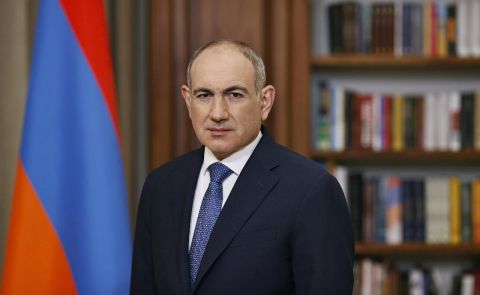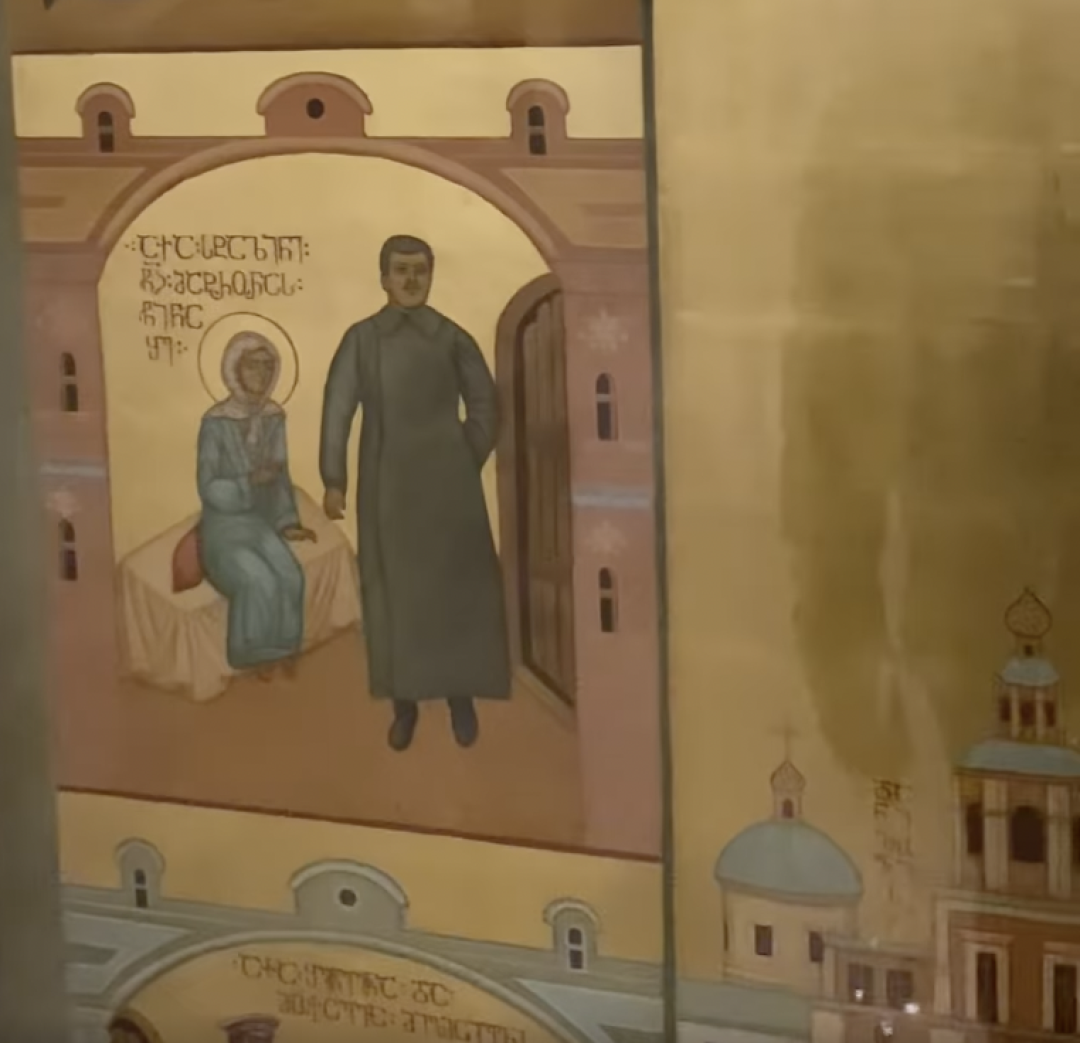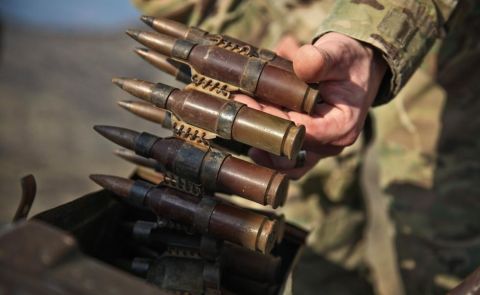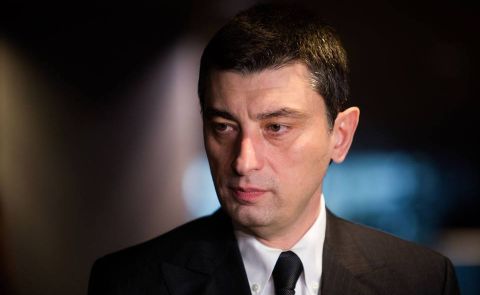
Controversial Icon Triggers Debate in Georgia Over Russian Influence

On January 7, civic activists shared images on social media depicting the icon of St. Matrona of Moscow in Tbilisi's Holy Trinity Cathedral. The main icon fragment shows Stalin receiving her blessing, triggering concerns about Russian information warfare in Georgia. The icon, originating in Russia, has stirred controversy there since 2008.
Irma Inashvili, the pro-Russian Patriots' Alliance leader, claimed they ordered the icon from Russia as a gift. Inashvili argued that Stalin's depiction doesn't imply adulation, drawing parallels with icons depicting evil incarnate. The Georgian Orthodox Church downplayed concerns, emphasizing semantic differences.
Moreover, the Polish Embassy in Georgia shared information about victims of the Soviet regime, highlighting a newly painted icon in the Trinity Cathedral depicting Joseph Stalin alongside a statement. According to the Polish Embassy, the Polish Institute of National Memory has identified 1.8 million Polish citizens as victims of the Soviet regime, with 150 thousand deaths. Most repressions occurred from 1939-1952, with ongoing research. The embassy emphasized the recent depiction of Stalin on the Holy Matrona icon in the Trinity Cathedral.
Theologians criticized the comparison, noting icons usually depict saints vanquishing evil forces, unlike Stalin being blessed. Civil activist Nata Peradze protested by throwing paint on the icon, facing an investigation for "minor hooliganism" and receiving threats.
Pro-Kremlin group Conservative Movement/Alt-Info protested at Peradze's home, urging the government to punish blasphemy.
On January 10, the icon was seemingly cleaned and relocated to the Holy Trinity Cathedral. Parliament's Legal Affairs Committee announced plans to criminalize insults to religious buildings and acts inciting religious hatred, applying to all religions.
See Also


Russia Begins 24/7 Radiation Monitoring in Dagestan After Iranian Nuclear Incident

How Do Caucasus States React to Israel-Iran War?

Weekly Brief on Military Situation in the South Caucasus (9–15 June 2025)

Former Georgian PM Gakharia to Face Prosecution

